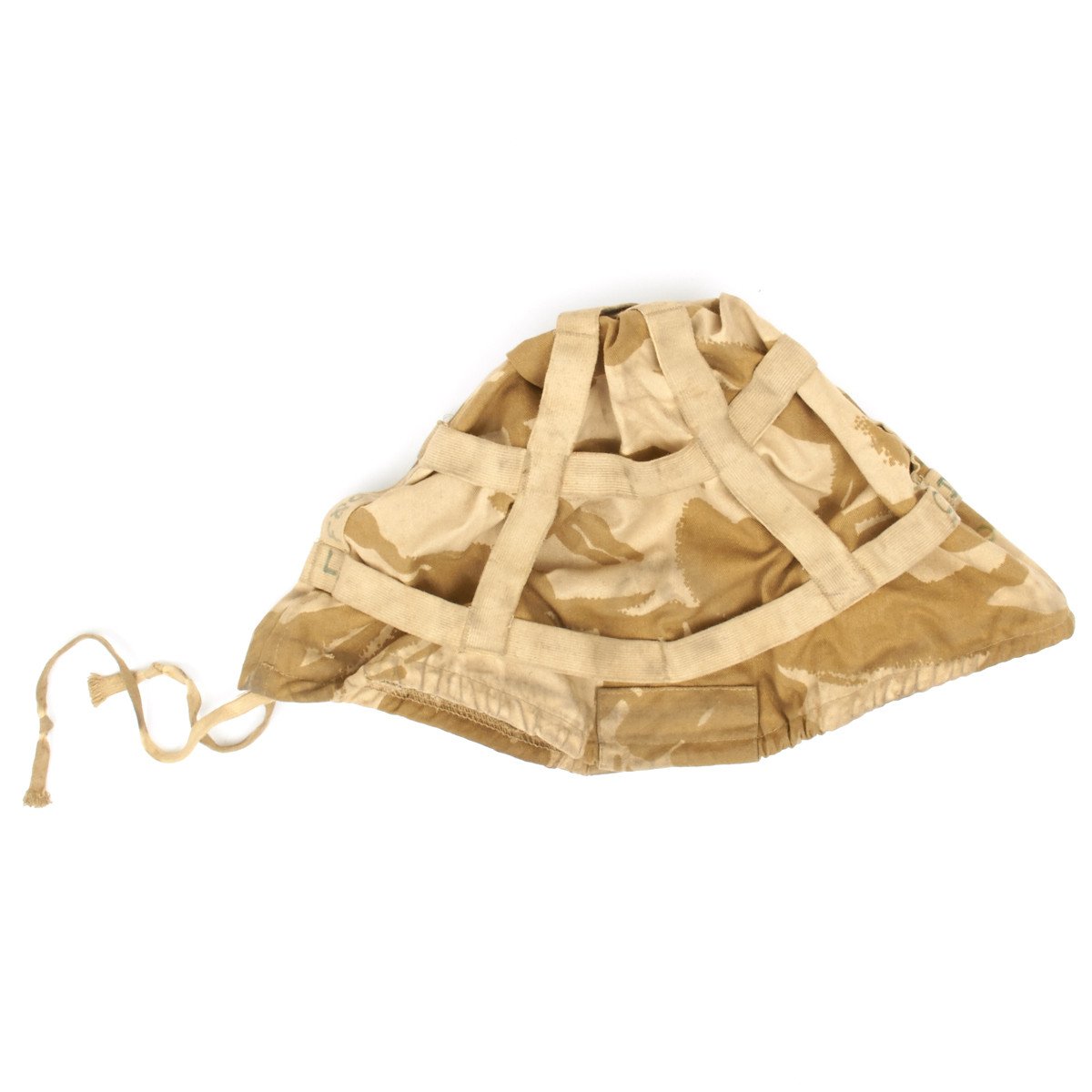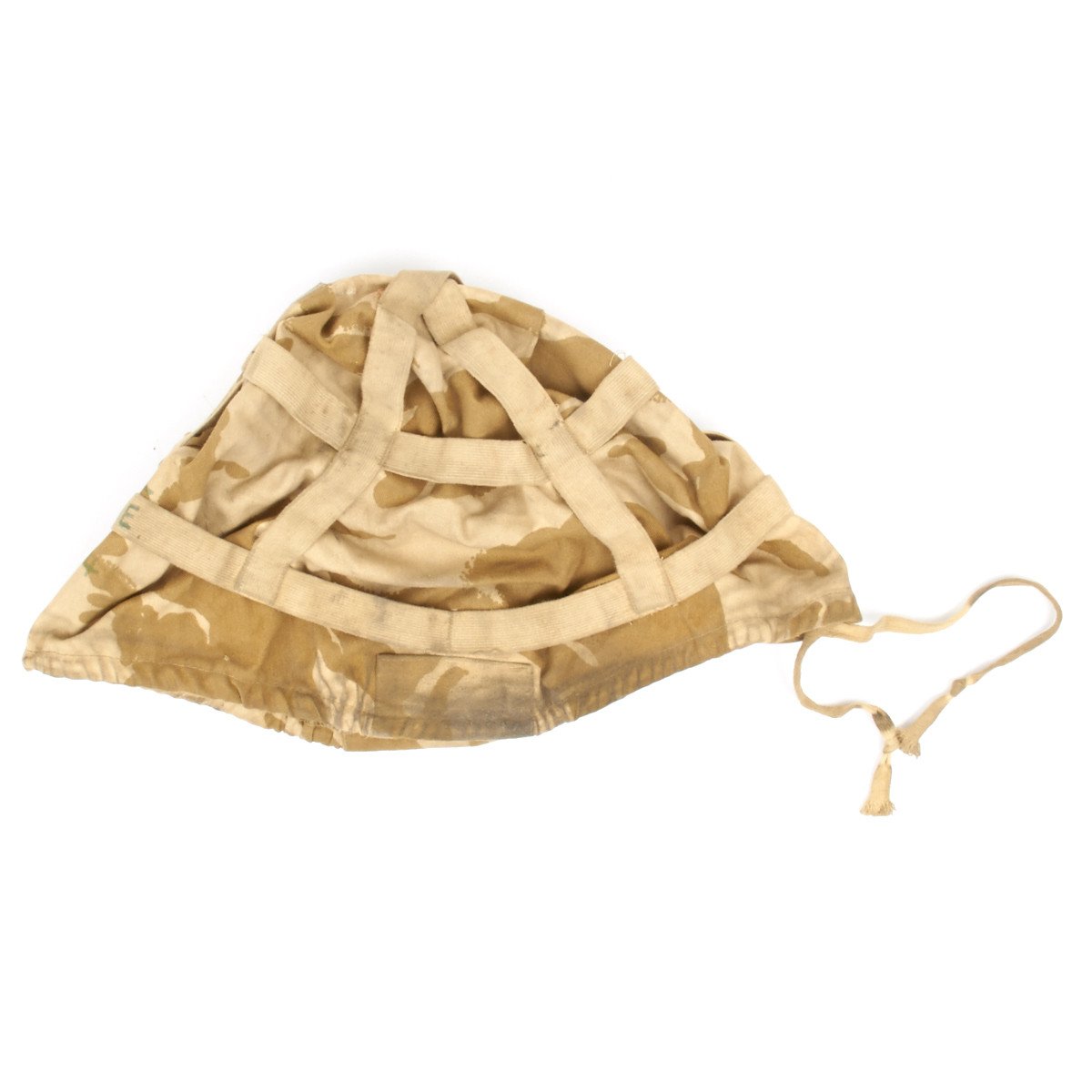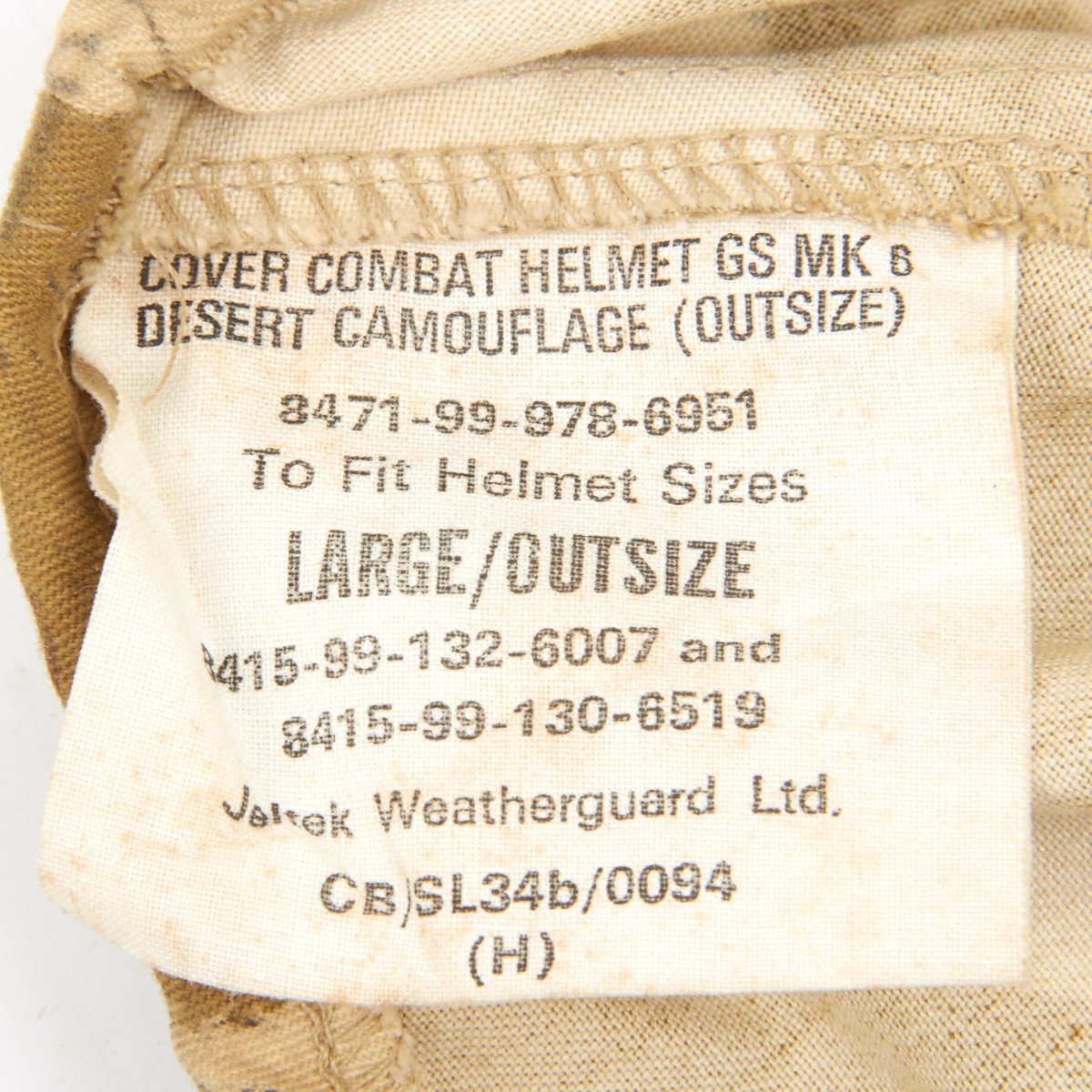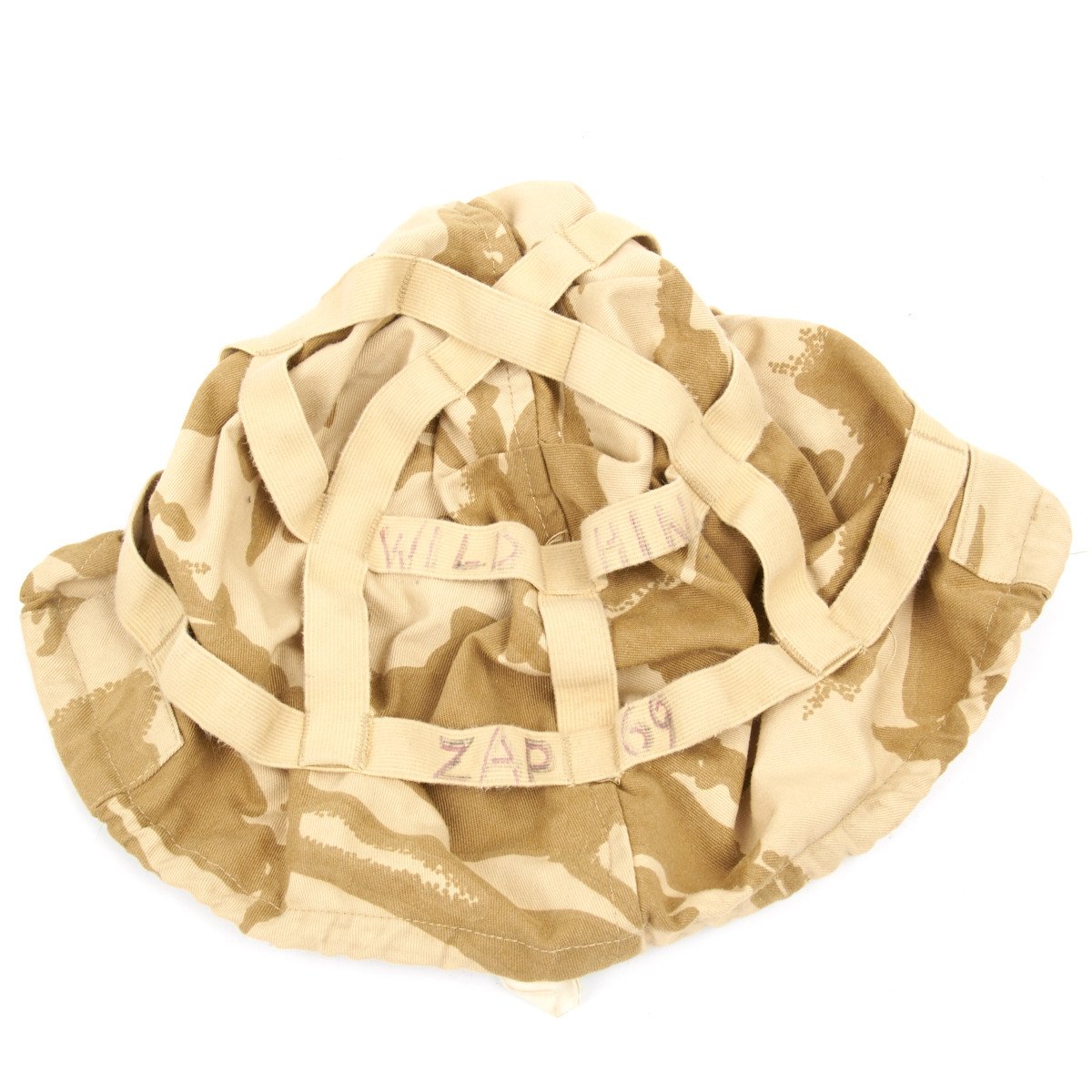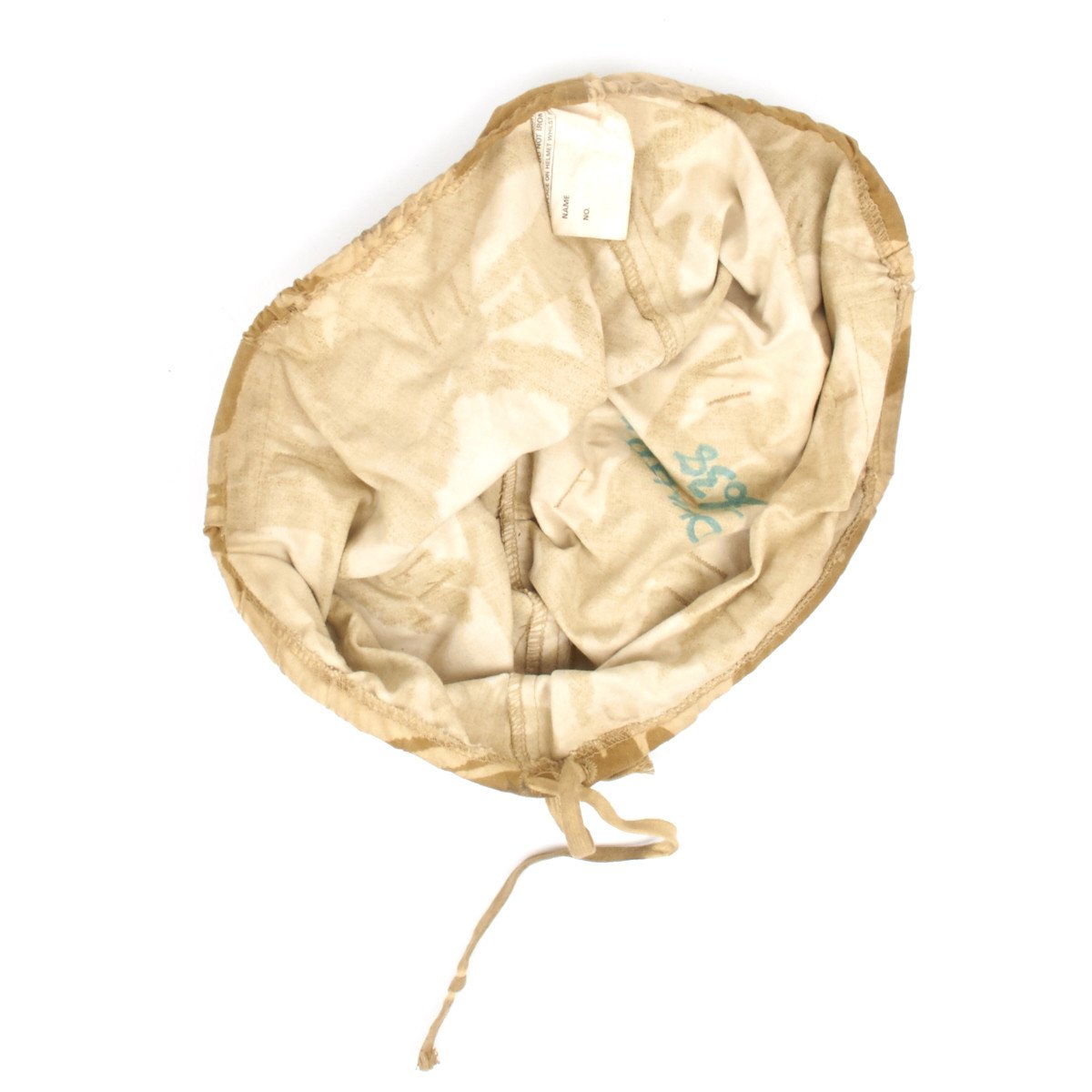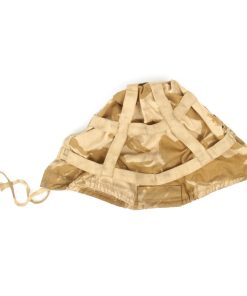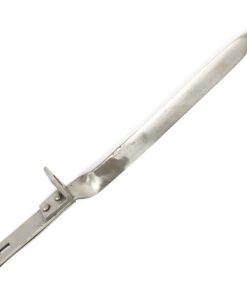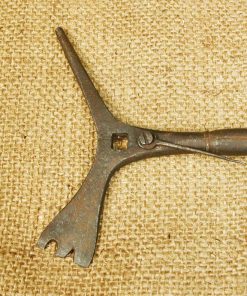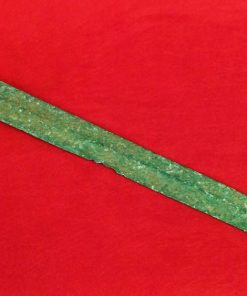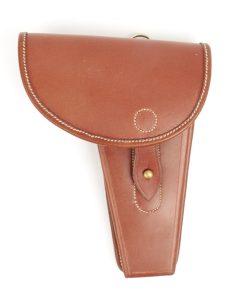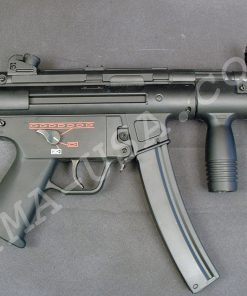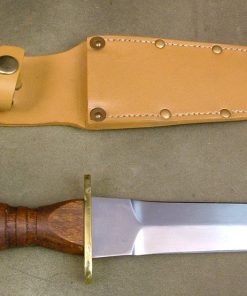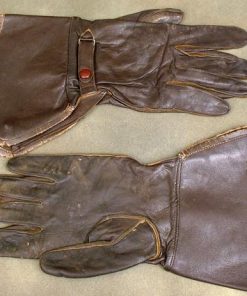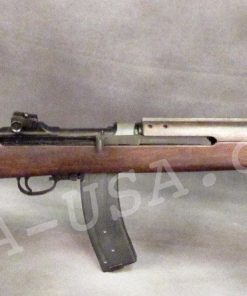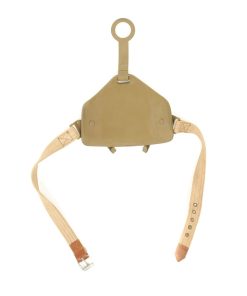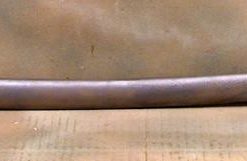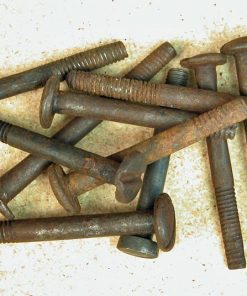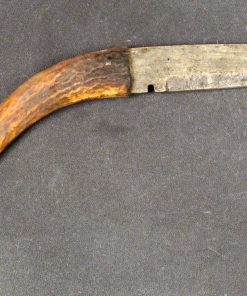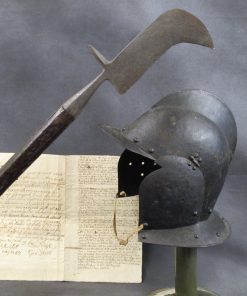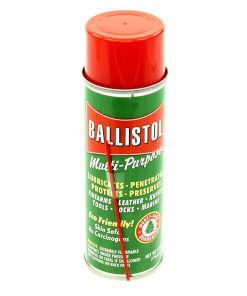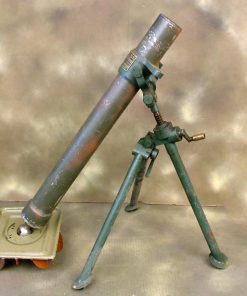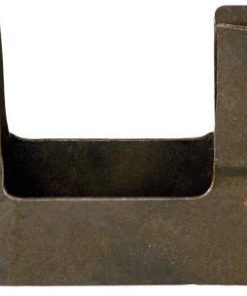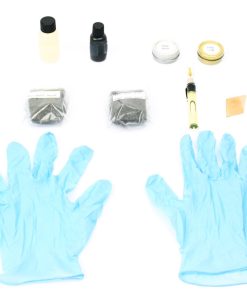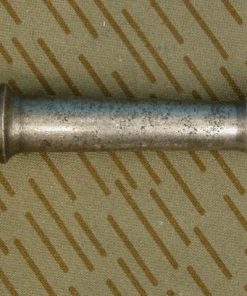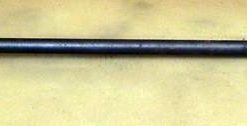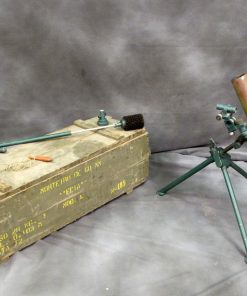Original British Military 1st Gulf War GS MK6 Helmet Cloth Cover in Desert Camouflage DPM Original Items
$ 14,95 $ 8,97
Original Item: The GS MK6 Helmet replaced the earlier steel helmets used by the British Army from 1987, made of bonded layers of ballistic nylon. Providing superior protection against grenade and missile fragments, the helmet was designed to accommodate communication aids and issued with a removable camouflage helmet cover, conventionally of the temperate DPM (disruptive pattern material). Covers printed in two-shade desert colours were first issued during the 1991 Gulf War, and soldiers often personalised them by adding their names, last three serial numbers, blood group and in some cases their battalion’s tactical flash.
Helmet cover is desert DPM (disruptive pattern material) two-shade fabric. The cover features a lattice-work of light khaki elasticated straps for fitting foliage. Around the base of the cover is fitted a drawcord.
Helmet not included, cover only. Maker markings and sizes vary.
The Mk 6 helmet was the standard combat helmet of the British Armed Forces. The Mk 6 replaced the Mk III helmet in service from 1986 and is designed to accept modern ear protection, personal radios, and respirators. The helmet is manufactured by NP Aerospace, and is reported to have an “almost unlimited service life” by the manufacturer.
The helmet in its default configuration is a dark green. The army use covers to camouflage the helmet and adapt it to different environments. Covers include the British Disruptive Pattern Material in temperate, woodland and desert patterns, a pure white cover for arctic environments and a United Nations blue coloured cover. It is sometimes referred as the “battle bowler”, a term first used for the Brodie helmet.
The Mk 6 is often mistakenly thought to be made out of kevlar when in fact it is constructed of “Ballistic Nylon” – nylon fiber.
From June 2009 the helmet was replaced by the Mk 7 helmet.
| Hand Select | No, Yes |
|---|
Fast Shipping with Professional Packaging
Thanks to our longstanding association with UPS FedEx DHL, and other major international carriers, we are able to provide a range of shipping options. Our warehouse staff is expertly trained and will wrap your products according to our exact and precise specifications. Prior to shipping, your goods will be thoroughly examined and securely secured. We ship to thousands clients each day across multiple countries. This shows how we're dedicated to be the largest retailer on the internet. Warehouses and distribution centres can be located throughout Europe as well as the USA.
Note: Orders with more than one item will be assigned a processing date depending on the item.
Before shipping before shipping, we'll conduct a thorough inspection of the items you have ordered. Today, the majority of orders will be delivered within 48 hours. The delivery time will be between 3-7 days.
Returns
The stock is dynamic and we cannot completely manage it because multiple stakeholders are involved, including our factory and warehouse. So the actual stock may alter at any time. It's possible that you may not receive your order once the order has been made.
Our policy is valid for a period of 30 days. If you don't receive the product within 30 days, we are not able to issue a refund or an exchange.
You can only return an item if it is unused and in the same state as the day you received it. You must have the item in its original packaging.
Related products
Uncategorized
Uncategorized
Uncategorized
Angolan Rebel 1970s era 60mm Inert Display Mortar from Angolan Civil War Original Items
Uncategorized
Armoured Fighting Vehicles of the World: AFVs of World War One (Hardcover Book) New Made Items
Uncategorized
Uncategorized
Uncategorized
Uncategorized
Australian WWII Owen MK1 Machine Carbine SMG Custom Fabricated Replica with Sling Original Items
Uncategorized
Uncategorized
Uncategorized
Uncategorized
Uncategorized
Armored Burgonet Helmet & Polearm from Scottish Castle Leith Hall Circa 1700 Original Items
Uncategorized
Uncategorized
Uncategorized
Uncategorized
Uncategorized
Uncategorized
Uncategorized
